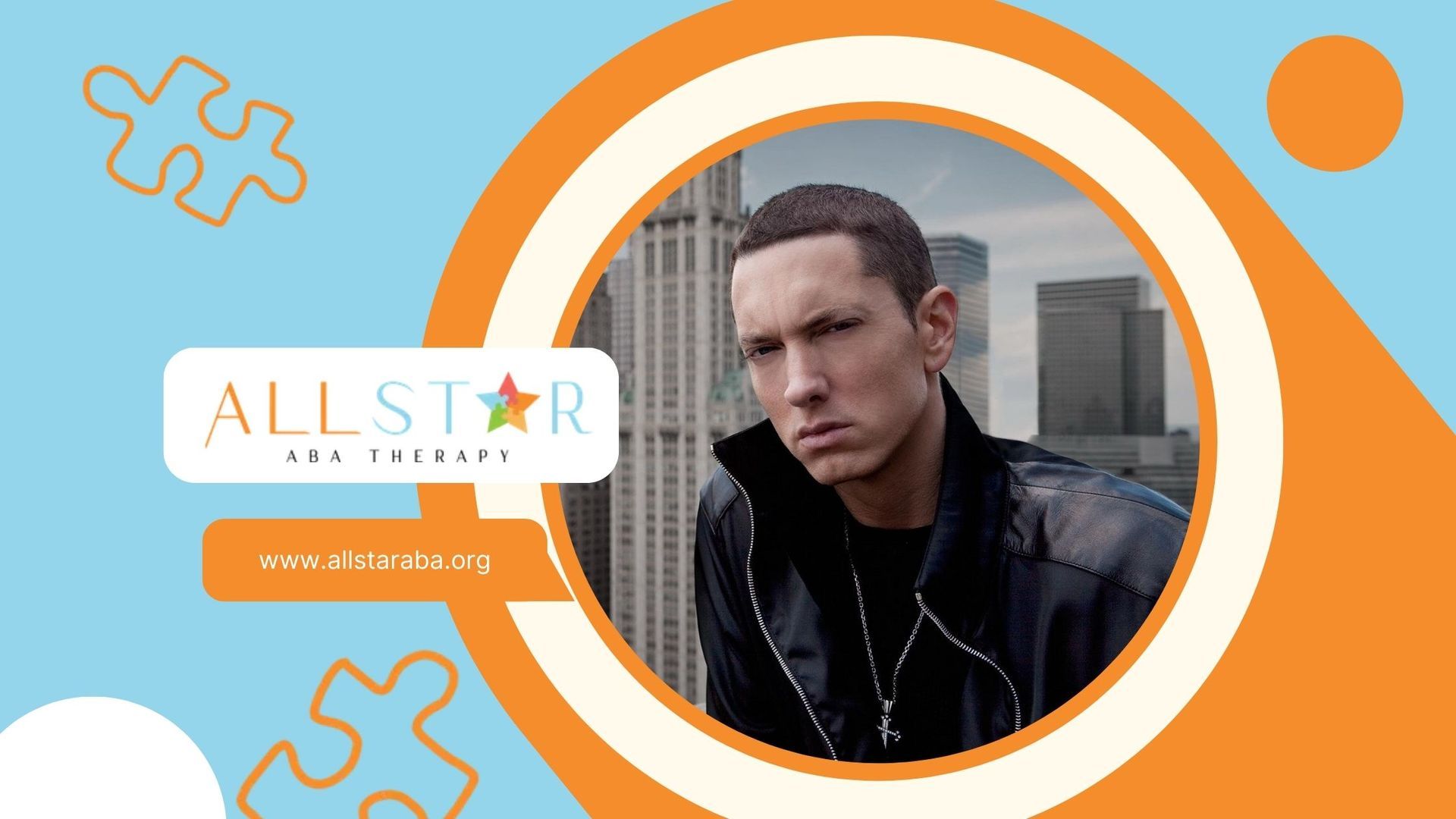New Paragraph
What is the Biggest Symptom of Autism?
If you’ve ever wondered what the most defining symptom of autism is, you’re not alone. Autism spectrum disorder (ASD) is complex, with a variety of traits that affect individuals in different ways. But if we had to pinpoint the most common and significant symptom, it would be challenges with social interaction.
I remember working with a bright and creative 6-year-old who struggled to connect with his peers. He loved talking about dinosaurs and could name every species, but if another child wanted to switch topics, he’d continue as if he hadn’t heard them. His parents were concerned about his difficulty making friends, and they weren’t sure how to help him engage in conversations naturally.
His experience is common among autistic individuals. Social communication challenges—whether difficulty picking up on social cues, engaging in conversations, or understanding non-verbal language—are often the most noticeable and impactful aspects of autism.
But that’s not to say they’re the only important traits. Autism is a spectrum, and every individual experiences it uniquely.
In this post, we’ll dive into why social interaction difficulties are often considered the "biggest" symptom of autism, how they present in different ways, and how the right autism support can make a difference.
Understanding Autism: Core Symptoms
Autism isn’t a one-size-fits-all diagnosis. Some children and adults experience mild challenges, while others need more structured support. But across the board, social communication difficulties tend to stand out the most.
What is Autism Spectrum Disorder (ASD)?
Autism spectrum disorder is a developmental condition that affects how people interact with others, communicate, learn, and behave. It’s called a spectrum because it varies widely in how it presents in different individuals.
Some common signs of autism include:
✔️ Difficulty making eye contact or interpreting facial expressions
✔️ Challenges with understanding body language or tone of voice
✔️ Engaging in repetitive behaviors or having intense special interests
✔️
Sensory sensitivities, such as being overwhelmed by loud noises or textures
Early intervention plays a critical role in helping children with autism build communication and social skills, which is why recognizing symptoms early is so important.
The Biggest Symptom: Social Interaction Challenges
While autism comes with a range of traits, the most defining one is difficulty with social interactions. This can show up in many ways, from struggling to maintain conversations to having trouble understanding non-verbal communication.
I once worked with a teenager who was incredibly intelligent but found it hard to “read between the lines” in social settings. She took things very literally, so when a classmate sarcastically said, “Nice job,” after she spilled her drink, she genuinely thought they were complimenting her. These small misunderstandings made socializing stressful for her.
Here’s how social challenges typically show up in autism:
1. Difficulty Understanding Social Cues
Most of us rely on unspoken social rules when interacting with others. A smile means someone is happy, crossed arms may suggest frustration, and a change in tone can indicate sarcasm. For many autistic individuals, these signals aren’t so easy to interpret.
They might struggle with:
➡️ Recognizing when someone is joking vs. being serious
➡️ Understanding facial expressions or body language
➡️ Knowing when to start or stop talking in a conversation
Since so much of human communication happens beyond just words, these difficulties can make socializing feel like a puzzle with missing pieces.
2. Struggles with Back-and-Forth Conversations
Conversation is more than just speaking—it’s about exchange. You share an idea, the other person responds, and the cycle continues. For many autistic individuals, keeping up with this flow can be tough.
Some common challenges include:
✔️ Interrupting or not knowing when it’s their turn to speak
✔️ Talking at length about their own interests without noticing if the other person is engaged
✔️ Having trouble switching topics smoothly
This doesn’t mean autistic individuals don’t want to connect with others—they often do, but social communication may not come naturally. With support, many develop strategies to navigate these interactions more comfortably.
3. Difficulty with Non-Verbal Communication
Communication isn’t just about what we say—it’s also how we say it.
Non-verbal cues like eye contact, hand gestures, and tone of voice play a big role in social interactions. Autistic individuals may:
✔️
Avoid eye contact because it feels uncomfortable
✔️ Use minimal facial expressions, making it harder for others to gauge their emotions
✔️ Misinterpret tone of voice, leading to confusion
For example, if someone says, “Oh great, just what I needed” in an annoyed tone, a neurotypical person might instantly recognize the sarcasm. But an autistic individual may take it literally and assume the person is actually excited.
Why Early Support Matters
Recognizing autism symptoms early makes a huge difference. With the right interventions—such as ABA therapy, speech therapy, and occupational therapy—autistic children can develop essential skills for communication, social interaction, and self-regulation.
At All Star ABA, we specialize in helping children with autism gain the tools they need to navigate the world with confidence. Our evidence-based ABA therapy programs focus on:
✔️ Improving communication and social skills
✔️ Reducing challenging behaviors
✔️ Teaching self-regulation strategies
If you’re looking for personalized, compassionate support for your child, we’re here to help.
📞 Contact us today at 410-220-5970 or email office@allstaraba.org to learn how ABA therapy can make a difference in your child’s life.
FAQs
What is considered the biggest symptom of autism?
The most prominent symptom of autism is difficulty with social interaction, including struggles with understanding social cues, maintaining conversations, and interpreting body language.
Can the biggest symptom of autism improve with therapy?
Yes! With the right support—such as ABA therapy, speech therapy, and social skills training—autistic individuals can develop strategies to navigate social situations more effectively.
Why do autistic individuals struggle with social interaction?
Social challenges in autism stem from differences in processing non-verbal cues, understanding conversational flow, and interpreting emotions, making communication and relationships more complex.
Sources:
- https://www.cdc.gov/autism/signs-symptoms/index.html
- https://educationonline.ku.edu/community/social-difficulties-in-autism-spectrum-disorder
- https://www.iidc.indiana.edu/pages/making-and-keeping-friends-a-model-for-social-skills-instruction
- https://www.autismspeaks.org/social-skills-and-autism
- https://www.newcastle-hospitals.nhs.uk/resources/understanding-and-supporting-the-social-interaction-of-autistic-children-and-young-people/
- https://pubmed.ncbi.nlm.nih.gov/37615265/
Need Support?
We're Here to Help!
Our experienced team is ready to assist you. Reach out today to discuss how we can support your child's development and well-being.
Get started with expert ABA therapy today.
Related posts

All Star ABA delivers the gold standard of care, Applied Behavioral Analysis (ABA) therapy, for individuals diagnosed with ASD, from infancy to age 21.
Quick Links
All Rights Reserved | All Star ABA







